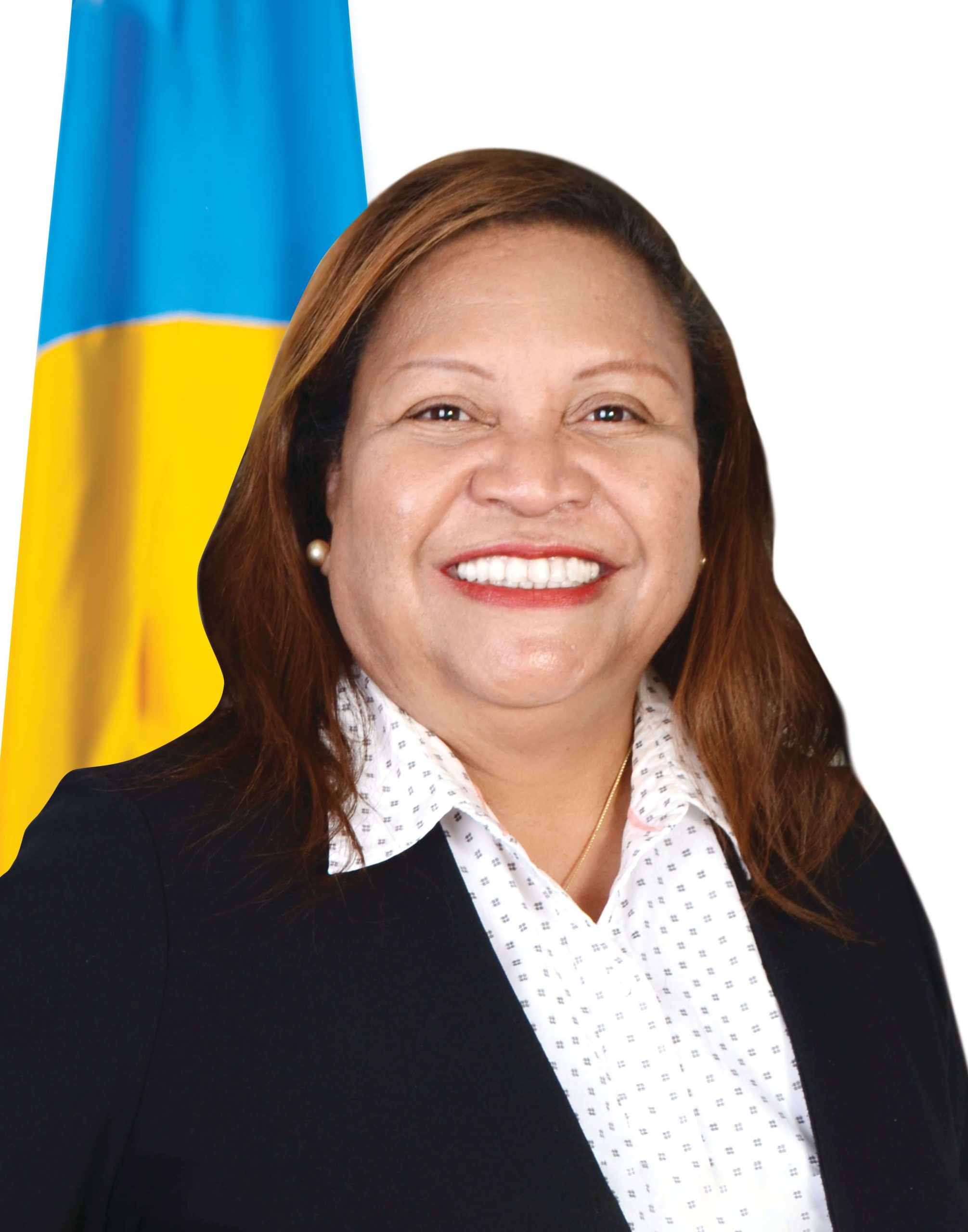By Sera Tikotikovatu-Sefeti
Palau, much like other Pacific islands, is rich in tradition and culture, and its legal system is a blend of United States common law and indigenous customary law, which has constitutional recognition. Palau is traditionally a matrilineal society, but the average number of women in parliament from 1997 to 2020 was just 2.34% the World Bank says.
Palau’s Vice President, Jerrlyn Uduch Sengebau Senior, says there are several reasons why Palauan women are discouraged from taking up leadership positions.
"The cost is high, it can be difficult . . .
Please Subscribe to view full content...
